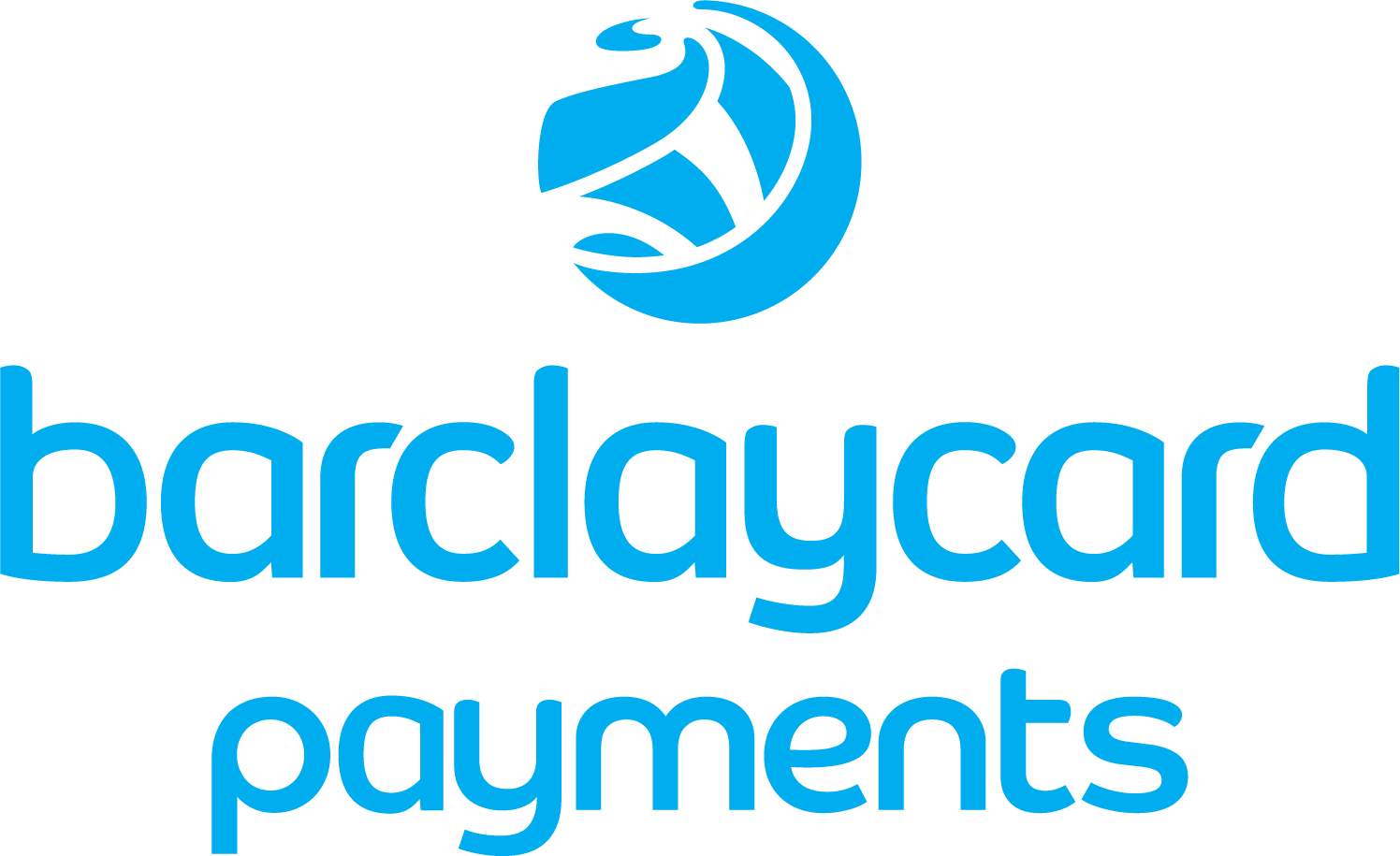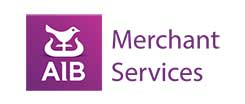- Accept card payments – lowest rates from 0.27%
- Keep your card processing fees to a minimum
- Direct access to the UK’s leading card processing banks
- We ensure your rates always remain competitive
No spam emails or calls
Choose from the payment methods then click Next
What's your turnover each month?
Enter the name of your company
Enter your company's postcode and contact number






Effortless Online Payments: A Guide to Streamlined Transactions
In today’s fast-paced digital economy, businesses must offer seamless and secure online payments to stay competitive. Whether you run an online business, an ecommerce platform, or provide subscription-based services, choosing the right payment solutions can increase conversion rates, enhance customer satisfaction, and streamline operations.
This guide explores the latest online payment methods, the role of a payment gateway, how to accept payments securely, and the best ways to process payments efficiently.
Why Online Payments Matter for Your Business
With more consumers shopping and paying online, businesses must adapt to evolving customer expectations. A smooth checkout experience with multiple payment options can reduce cart abandonment and boost sales.
Key benefits of optimising online payment processing include:
- Increased conversion rates – A frictionless checkout encourages customers to complete purchases.
- Global reach – Support for local payment methods (like WeChat Pay, Apple Pay, and Google Pay) helps businesses expand internationally.
- Recurring revenue – Automating subscription payments ensures steady cash flow.
- Fraud protection – Advanced fraud detection and PCI DSS compliance safeguard customer data.
Understanding Online Payment Solutions
1. What are Online Payments and How Do They Work?
Online payments refer to the process of making transactions over the internet, allowing customers to pay for goods and services using various payment methods. At the heart of this process is the payment gateway, which acts as an intermediary between the customer’s bank account and the merchant’s bank account. The payment gateway securely processes the transaction, ensuring that the customer’s sensitive information is protected.
When a customer makes a payment online, their browser sends a request to the payment gateway. This gateway then verifies the customer’s payment information and processes the transaction using a combination of technologies, including encryption, tokenization, and secure socket layer (SSL) protocols. Once the payment gateway confirms the transaction, it sends a response back to the merchant’s website, indicating whether the transaction was successful. This seamless process ensures that online payments are both secure and efficient, providing a smooth experience for both customers and merchants.
2. Online Payments Flow
The online payments flow involves several key players, including the customer, the merchant, the payment gateway, and the acquiring bank. Here’s a step-by-step overview of how this process works:
- Customer Initiates Payment: The customer selects their preferred payment method on the merchant’s website.
- Merchant Sends Request: The merchant’s website sends a request to the payment gateway to process the transaction.
- Payment Gateway Verifies Information: The payment gateway verifies the customer’s payment information and checks for any potential fraud.
- Request to Acquiring Bank: If the transaction is approved, the payment gateway sends a request to the acquiring bank to process the payment.
- Acquiring Bank Verifies Funds: The acquiring bank verifies the customer’s account information and checks for sufficient funds.
- Transaction Approval: If the transaction is approved, the acquiring bank sends a response back to the payment gateway, indicating that the transaction was successful.
- Merchant Notification: The payment gateway then sends a response back to the merchant’s website, confirming the successful transaction.
This streamlined process ensures that online payments are processed quickly and securely, providing a hassle-free experience for both customers and merchants.
1. Payment Gateways: The Backbone of Digital Transactions
A payment gateway securely connects your website to an acquiring bank, authorising card payments and bank transfers. It encrypts payment transactions to prevent fraud while ensuring PCI DSS compliance.
Popular payment gateways include:
- Stripe
- PayPal
- Worldpay
- Adyen
2. Payment Processors: Handling Transactions Efficiently
A payment processor facilitates the transfer of money between a customer’s bank account and your business account. Payment processors support different payment methods that utilize customers’ bank accounts, including direct debits and credit transfers. Key features include:
- Support for credit card payments, debit card, and digital wallets
- Fraud detection powered by machine learning
- Handling failed transactions and refunds
3. Choosing the Right Payment Methods
Customers expect flexibility in how they pay. Offering multiple online payment options can improve satisfaction:
Card Payments (Credit & Debit)
- Visa Debit and credit cards remain a popular payment method.
- Ensure PCI DSS compliance to protect customer data.
Digital Wallets (Apple Pay, Google Pay, WeChat Pay)
- Fast, secure, and convenient for mobile device users.
- Reduces checkout friction since customers enter fewer details.
Bank Transfers & Direct Debits
Ideal for B2B transactions or high-value purchases. Bank transfers and direct debits involve the use of customers’ bank accounts to either pull funds or receive payments pushed from customers’ accounts.
Services like GoCardless automate recurring payments on a recurring basis.
Alternative & Local Payment Methods
- WeChat Pay (popular in China)
- iDEAL (Netherlands)
- Klarna (Buy Now, Pay Later)
4. Embedded Payments & Virtual Terminals
- Embedded payments integrate checkout directly into your platform.
- A virtual terminal allows businesses to accept debit and credit card payments manually (useful for phone or in-person payments).
How to Accept Payments Online Securely
Security is critical when handling payment transactions. Follow these best practices:
1. Ensure PCI DSS Compliance
The Payment Card Industry Data Security Standard (PCI DSS) ensures safe handling of card payments. Non-compliance can lead to fines and data breaches.
2. Use Advanced Fraud Detection
- Machine learning tools detect suspicious transactions.
- Implement 3D Secure (3DS) for extra verification.
3. Tokenisation & Encryption
- Replace sensitive customer data with tokens to prevent fraud.
- Use the latest security protocols (TLS 1.2+).
4. Optimise for Mobile Payments
With more shoppers using a mobile device, ensure your checkout is mobile-friendly and supports Apple Pay and Google Pay.
Recurring Payments & Subscription Models
For businesses offering services on a recurring basis, automating subscription payments improves cash flow.
Best Practices for Recurring Billing:
- Offer flexible billing cycles.
- Notify customers before charging.
- Handle failed transactions gracefully with retry logic.
Increasing Conversion Rates at Checkout
A complicated checkout process leads to abandoned carts. Optimise yours with:
1. One-Click Payments
- Save customer account details (with permission) for faster future purchases.
2. Payment Links & Invoices
- Send invoices with a payment link for quick settlements.
3. Guest Checkout Option
Not all customers want to create an account—allow guest purchases.
4. Transparent Pricing
Display all fees upfront to avoid surprises.
5. Seamless Checkout and Unified Reporting
A seamless checkout experience is crucial for reducing cart abandonment rates and increasing conversion rates. To achieve this, merchants can use a payment gateway that offers a variety of payment methods, including credit cards, debit cards, PayPal, and other online payment systems. The payment gateway should also provide a secure and user-friendly checkout process optimized for mobile devices.
Unified reporting is another essential feature that can help merchants manage their online business more effectively. By using a payment gateway with a comprehensive reporting system, merchants can track their sales, refunds, and chargebacks in one place. This system should offer real-time insights into sales performance and detailed information about customer payment behavior, enabling merchants to make data-driven decisions to optimize their sales and customer experience.
Popular payment gateways like Stripe, Square, and Mollie offer seamless checkout experiences and unified reporting systems. These gateways support a range of payment methods and provide secure checkout processes, helping merchants optimize their online business.
In addition to using a payment gateway, merchants can leverage other tools and services to enhance their checkout experience and reporting. Analytics tools can track website traffic and conversion rates, while customer relationship management (CRM) software can manage customer interactions and loyalty programs. By combining these tools and services, merchants can create a seamless checkout experience and a unified reporting system that boosts sales and revenue.
Choosing the Right Payment Provider
When selecting an online payment solution, consider:
- Fee structures (transaction fees, monthly costs).
- Supported payment types (credit, debit, digital wallets).
- One integration for multiple payment methods.
- Fraud protection and chargeback handling.
The Future of Online Payments
Emerging trends include:
- Biometric authentication (fingerprint, facial recognition).
- Cryptocurrency payments.
- AI-driven fraud detection.
Streamlining online payments is essential for any modern business. By offering diverse payment options, ensuring PCI DSS compliance, and leveraging payment solutions like digital wallets and recurring payments, you can increase conversion, prevent fraud, and provide a seamless experience for customers.
Invest in the right payment processor, optimise your checkout, and watch your online business thrive.
This guide equips UK businesses with the knowledge to accept payments, process payments securely, and collect payments effortlessly. Whether you’re handling credit card payments, bank transfers, or subscription payments, the right online payment solutions will help you manage transactions smoothly and boost sales.
Ready to upgrade your payment options? Explore the best payment gateways and start simplifying your payments online today!